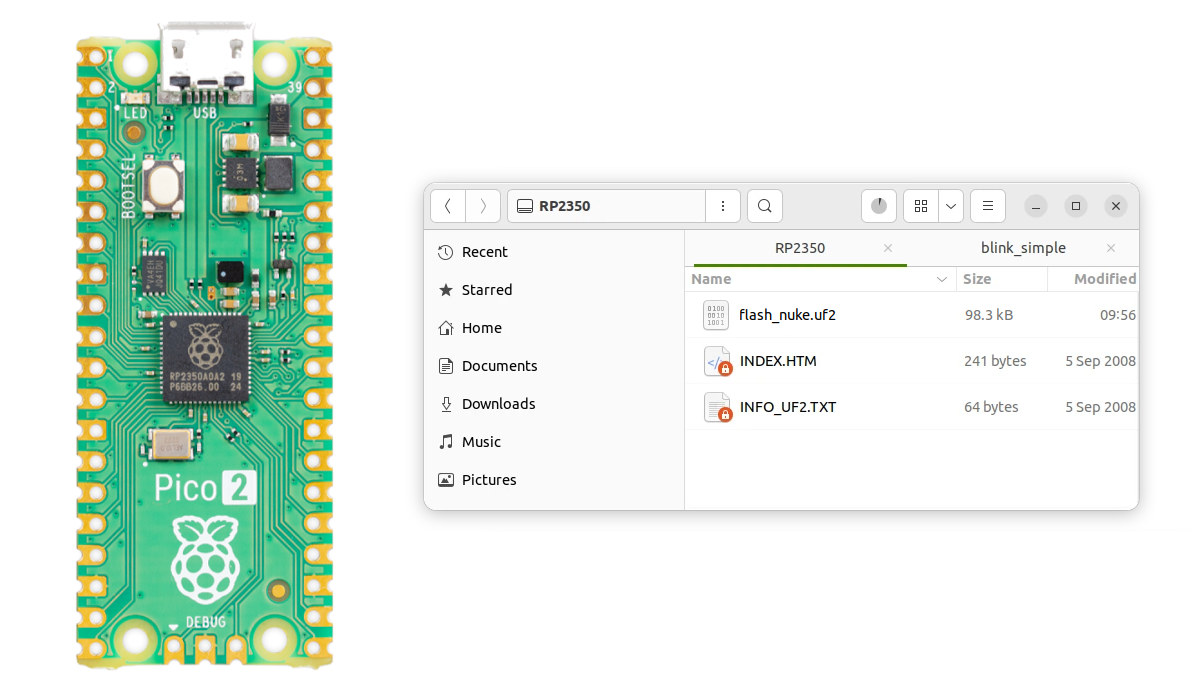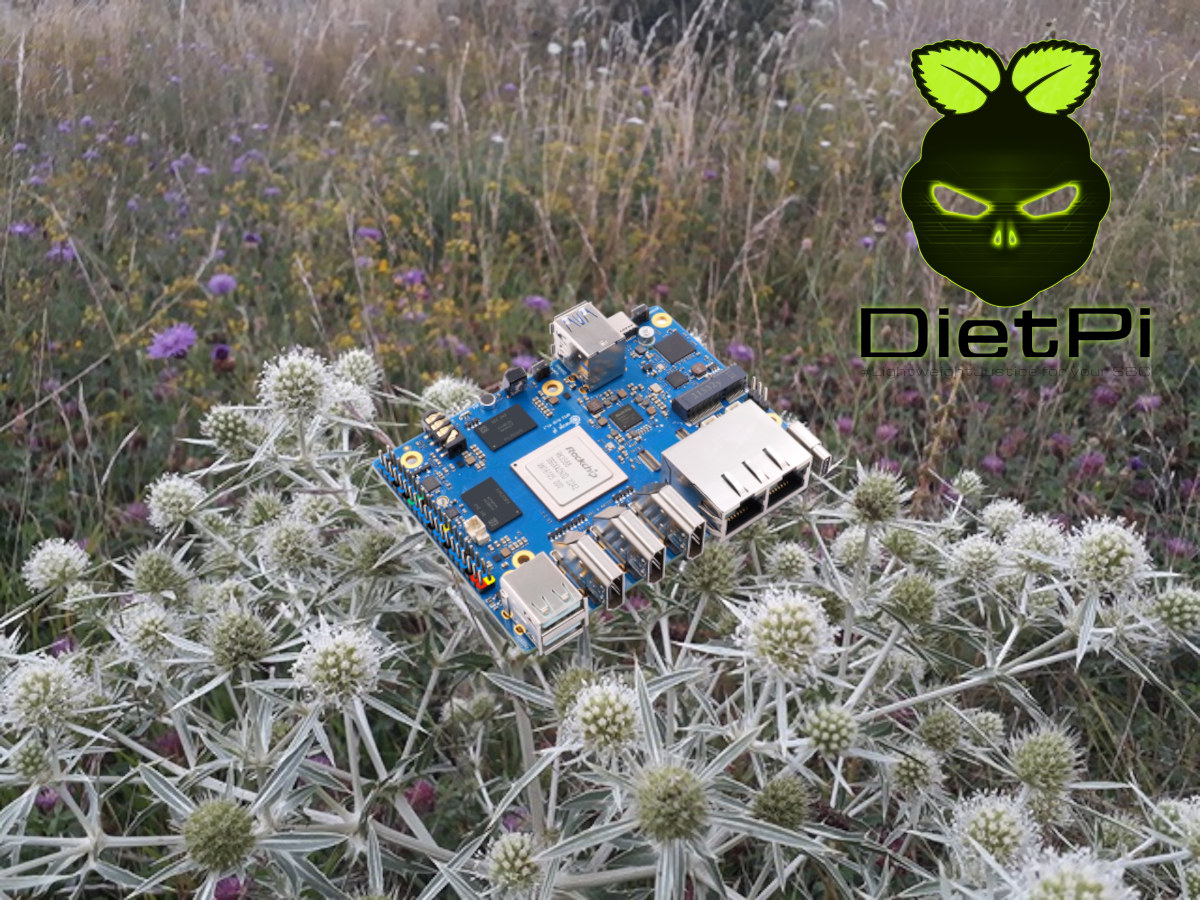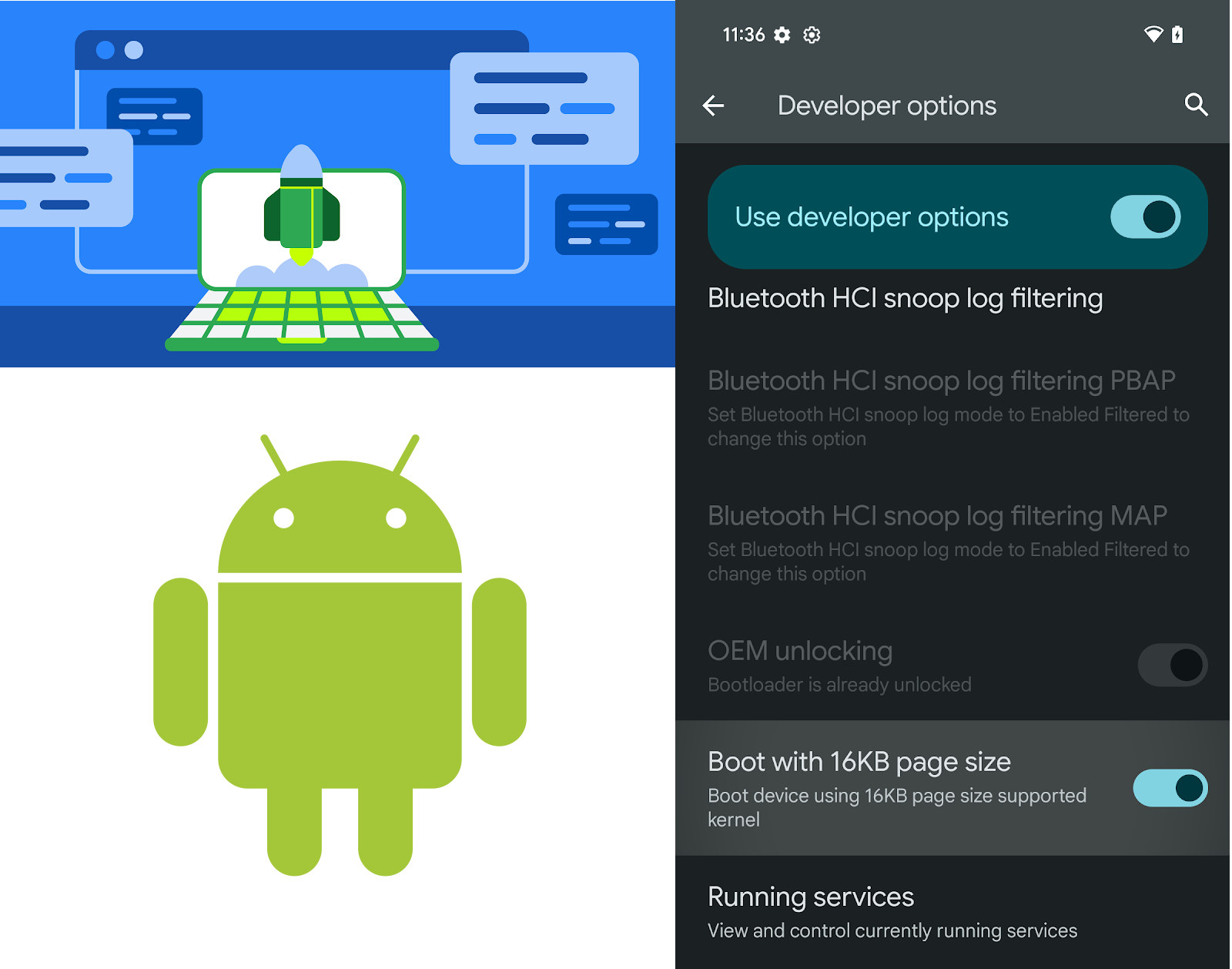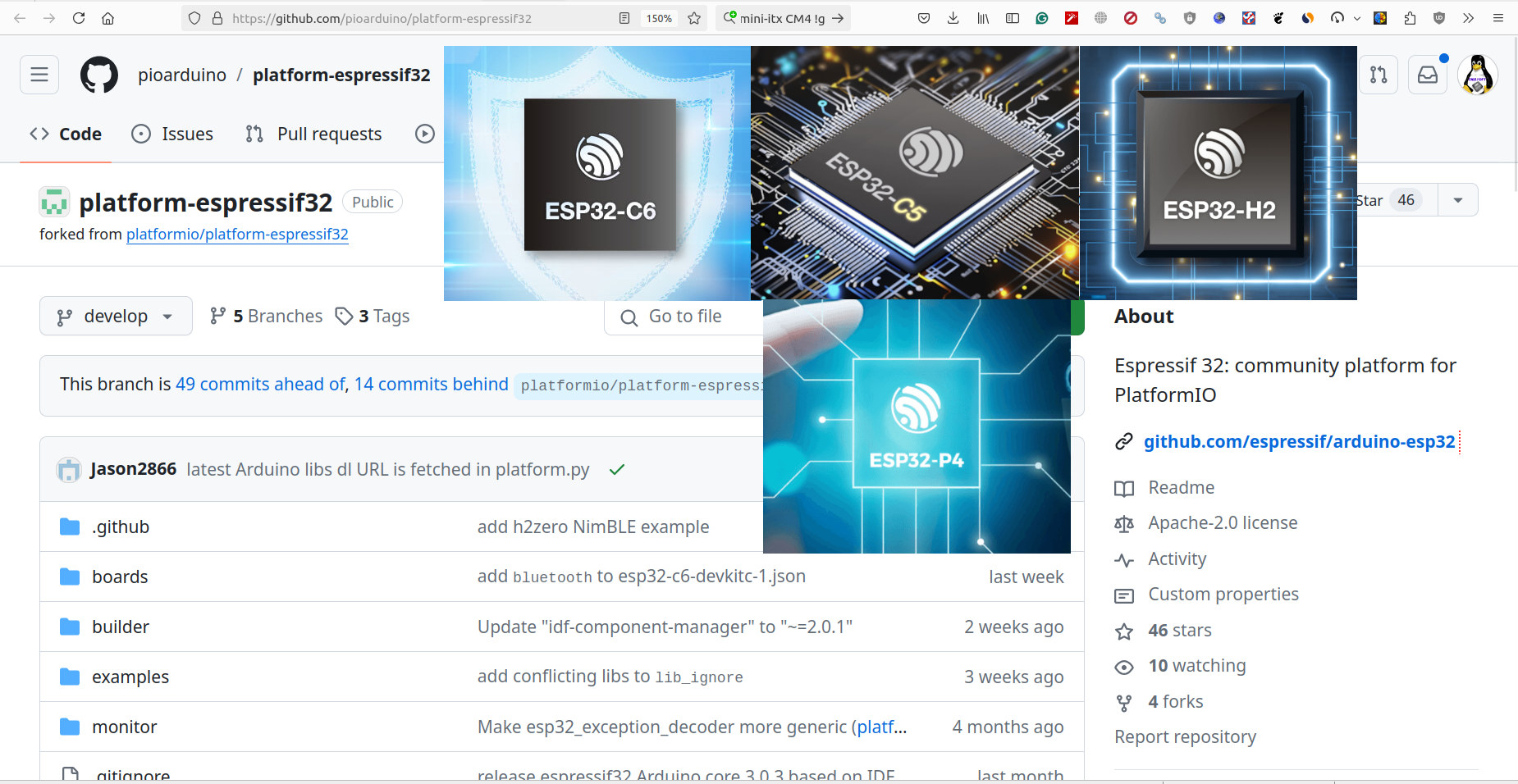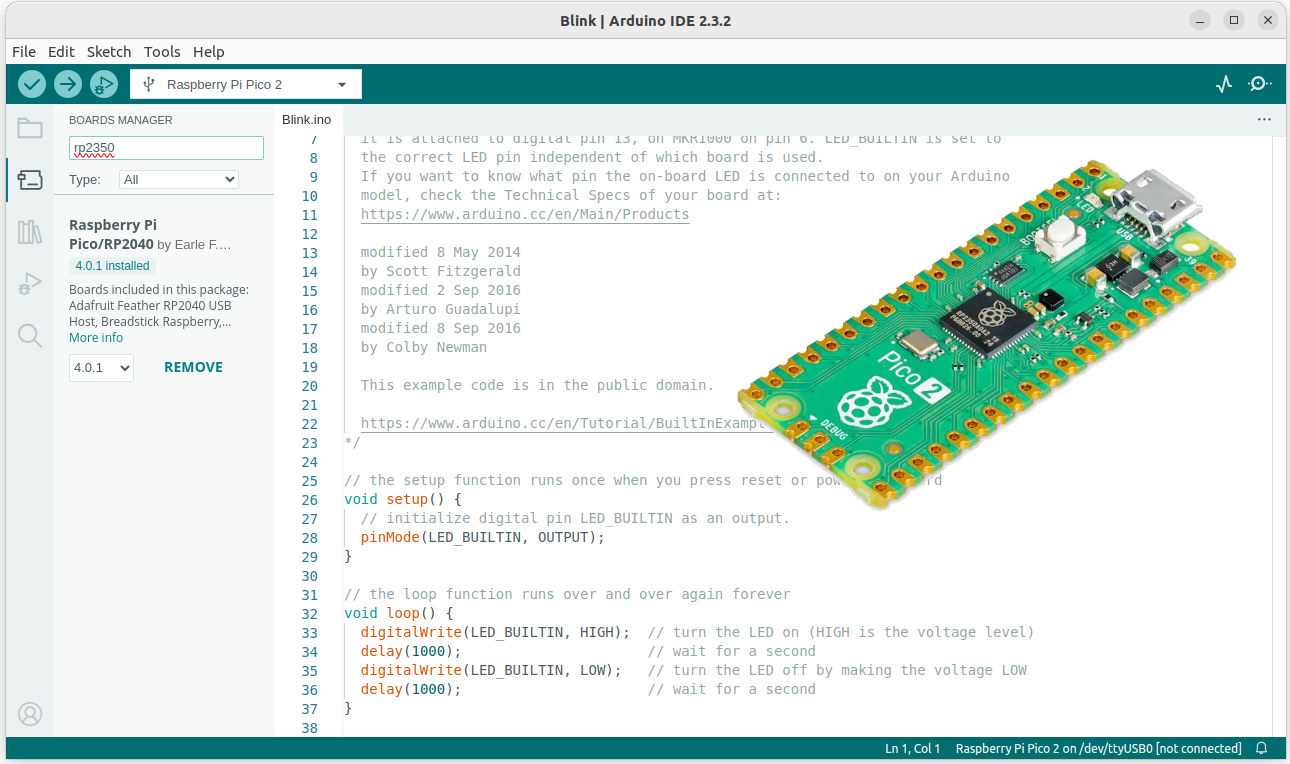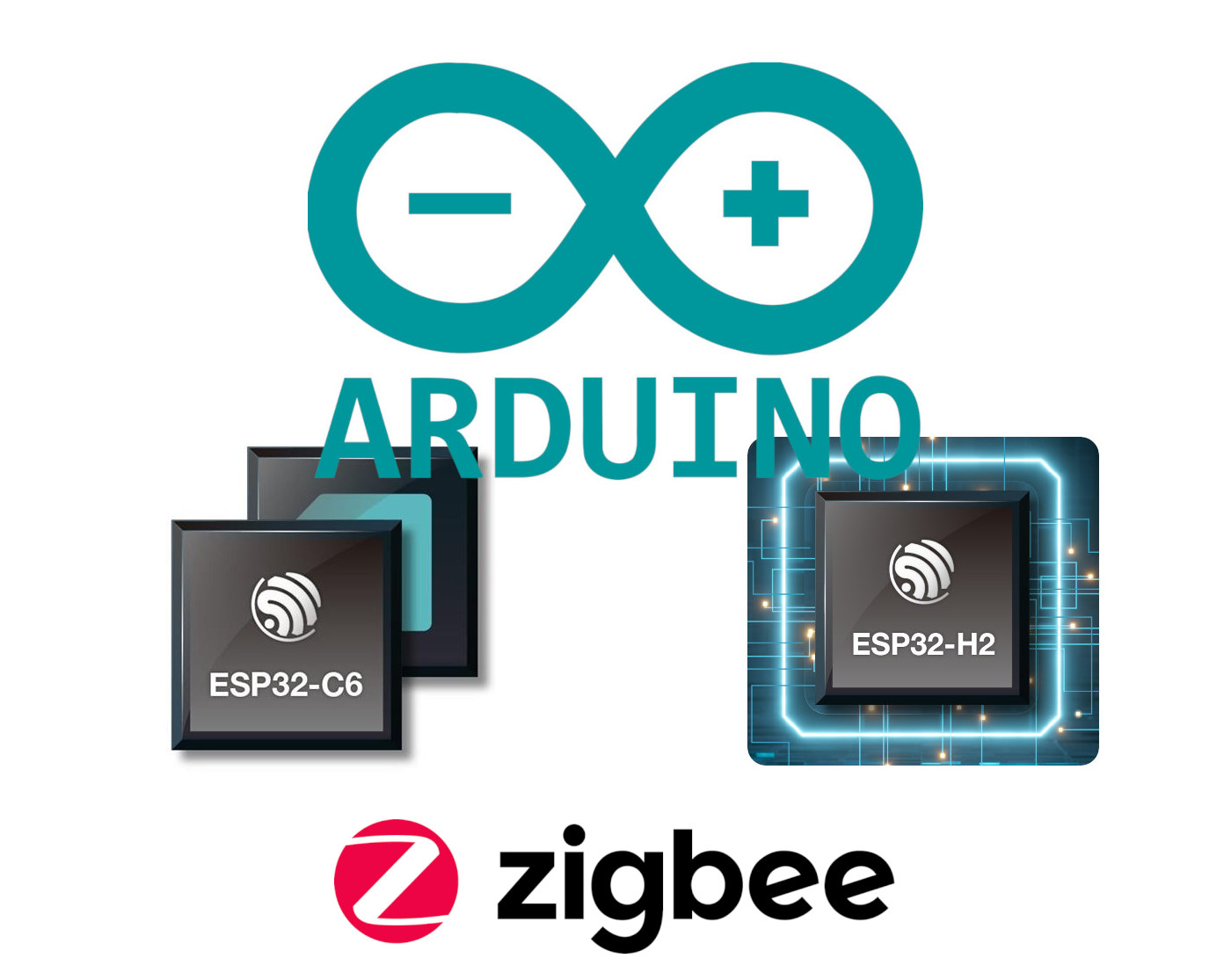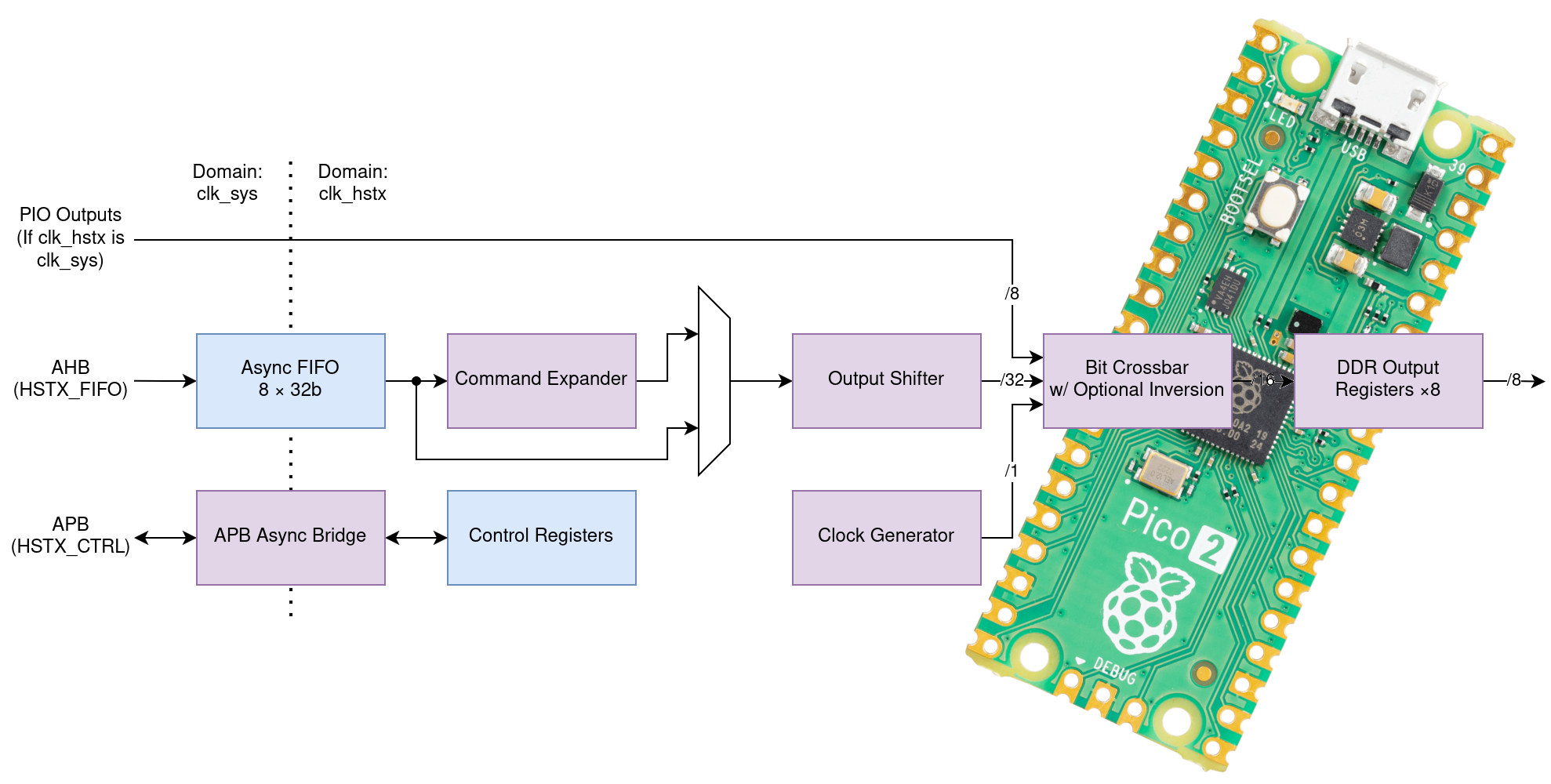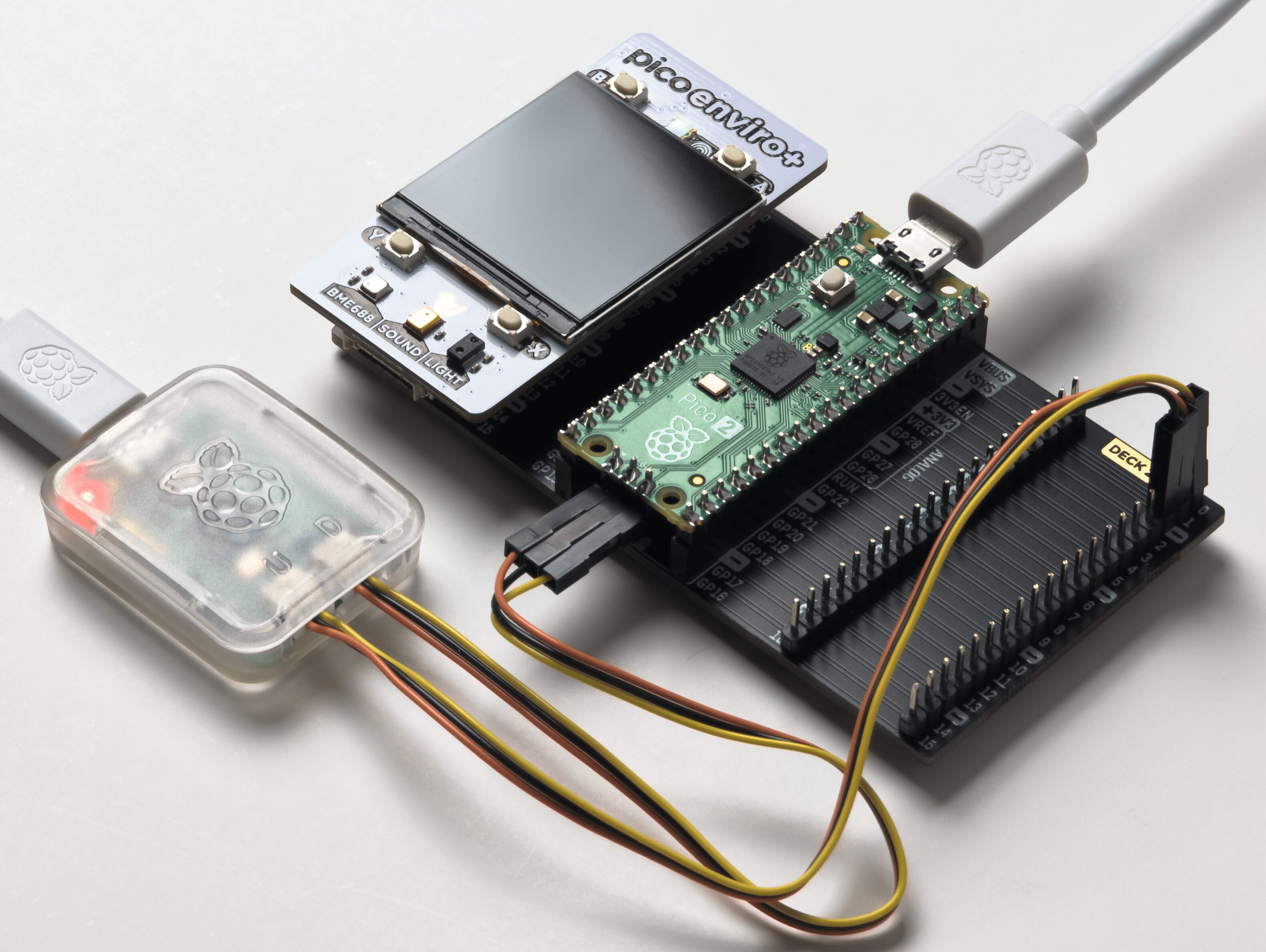In theory, it’s close to impossible to brick your Raspberry Pi Pico 2 or other RP2350 boards because the bootrom code (source code) is stored in the 32KB ROM of the microcontroller and is by definition “read-only memory”. But I managed to “brick” my Raspberry Pi Pico 2 the other day, and even a blinky sample would not run on the board. So I’ll explain a simple method to recover/perform a factory reset of sorts. First, let me explain what happened. My board became unusable after I ran the following command while building RISC-V Linux for RP2035 and my Pico 2 was connected to the build machine:
|
1 |
make flash-kernel |
At some point, it will copy a UF2 firmware binary designed for boards with PSRAM which the Raspberry Pi Pico 2 lacks:
|
1 |
cp build/psram-bootloader.uf2 "/media/jaufranc/RP2350"/ |
After that, I could still see the Raspberry Pi Pico 2 board as an “RP2350” drive on my computer, […]


